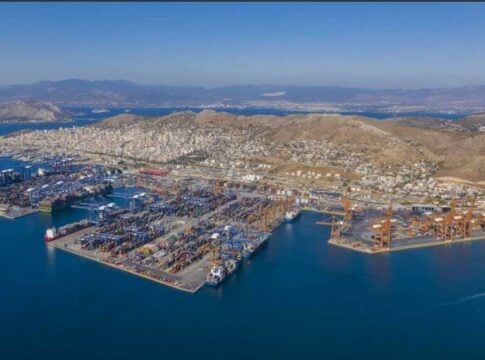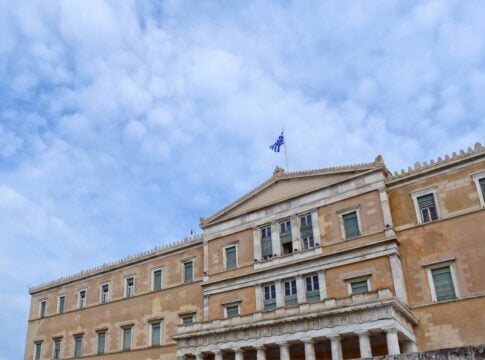The main goal is to create larger and more dynamic companies that can be competitive at an international level and at the same time offer more and better jobs.
In addition, they are linked to the attraction of investment which implies an inflow of capital into the country, but also often an inflow of know-how from abroad.
“The current framework is scattered and fragmented and has existed since 1972 based on different laws of different decades. And this does not contribute to an investment-friendly environment. Our goal is to form a clear regulatory framework, which will be the central point of reference for companies and investors who want to proceed with mergers,” Minister of National Economy and Finance Kostis Hatzidakis emphasized.
In addition to the incentives enacted 3 years ago, the bill will include tax incentives for mergers as well as investments in research and development. Additional financial incentives for mergers and innovation from the NSRF and the Development Bank will be implemented by autumn.
More specifically, a further grant is provided for investments by companies that are the product of a merger, so that these companies have additional means for growth and innovation.
“Sustainable economic growth rates presuppose a more competitive economy. And this, in turn, presupposes larger, more outward-looking businesses. With incentives and without coercion, because we are not a Soviet country, but every economist, regardless of political direction, suggests that we move in this direction,” Hatzidakis noted.














